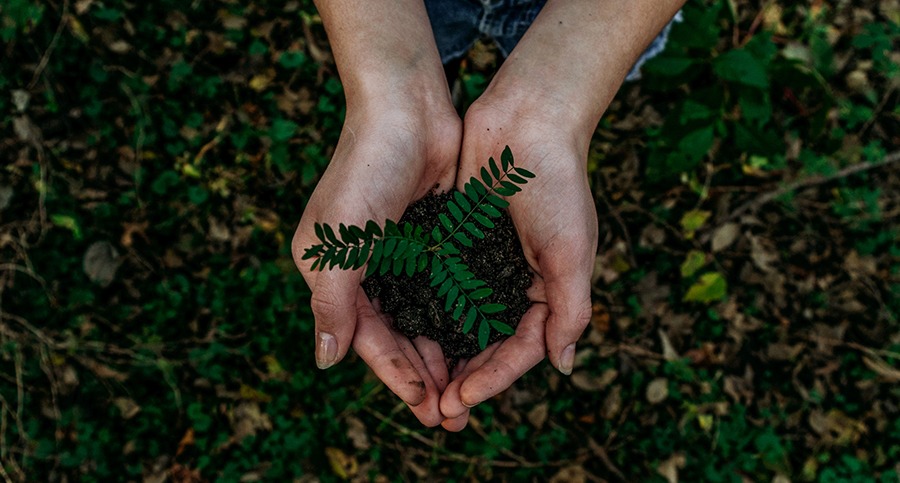Sustainable economies preserve the natural world. They also benefit society. In practice, sustainable production practices make firms more viable by conserving and recycling resources. However, it can also enhance income by making products more attractive.
Overall, sustainable business embraces broader social and environmental goals. Communities are thereby improved by economic activity, rather than depleted by it.
What is a sustainable business model?
Sustainable businesses do a number of things, including:
Reducing inputs

Improving efficiency

Designing better

How do we make sustainable economies?
A sustainable economy is one that is resilient and provides a quality of life for everybody. It stays within the limits of the planet and helps keep global warming well below 2°C. Production is said to be ‘circular‘ in that it is ‘restorative‘ and waste is reduced to a minimum.
So, can all economies adopt these practices?
In 2019, the world’s least developed countries grew at a higher rate (4.7%) than the average (3%). Altogether, this represents a welcome, yet modest, rise in global equity.
Developing economies in areas of Africa, Asia, Latin America, and the Caribbean have benefitted from:
- Technology
- Longer schooling
- Plentiful natural resources
- Better life expectancy
- Industrialisation
- Stronger rule of law
- Lower inflation
- Lower fertility
- Less government spending
- Higher investment
- High exports
Yet, higher growth is not always sustainable. Changes are needed to reduce the impacts of production on humans and the ecology.
What are the challenges?
A lack of public capital can make it difficult to bring in the right controls. Also, weak private sector investment limits opportunities. In Asia, for example, smaller companies lack the resources to invest in new ideas.
Elsewhere, there are different priorities. Afghanistan, for example, has endured years of violence. It is now the most aid-dependent country in the world.
Also, internal corruption weakens foreign investment by imposing risks and high costs.
Finally, a lack of new municipal projects hinders the adoption of better community practices.
Strategies to support sustainable development
So, sustainable growth needs co-ordinated action from the public, private and not-for-profit sector.
Some strategies that may assist in this process include:
- Public-private deals: National Governments work with business to identify new projects. Public and private sector deals help meet funding for UN Sustainable Development Goals (SDG’s).
- A national financing plan: Governments can create plans that assess needs and direct capital to projects that benefit the country in the longer term.
- Stronger enforcement: Imposing strict fines and serious penalties can reduce corruption. In turn, risks and costs to foreign investors are lowered.
Sustainability in development
These kinds of measures not only combat pollution. They can also remove scarcity, promote innovation, stop deforestation, and reduce inequality. In the long run, they benefit both the environment and the economy.
Yet, rapid economic growth is often the first priority of small economies. As a result, barriers can exist that prevent change. Therefore, it is the responsibility of all nations to assist developing countries on the path to global sustainability.
Find out more about the UN’s SDG’s and sustainability at THRIVE. Join the THRIVE Project to get informed and add your support for ideas that build a better world.























